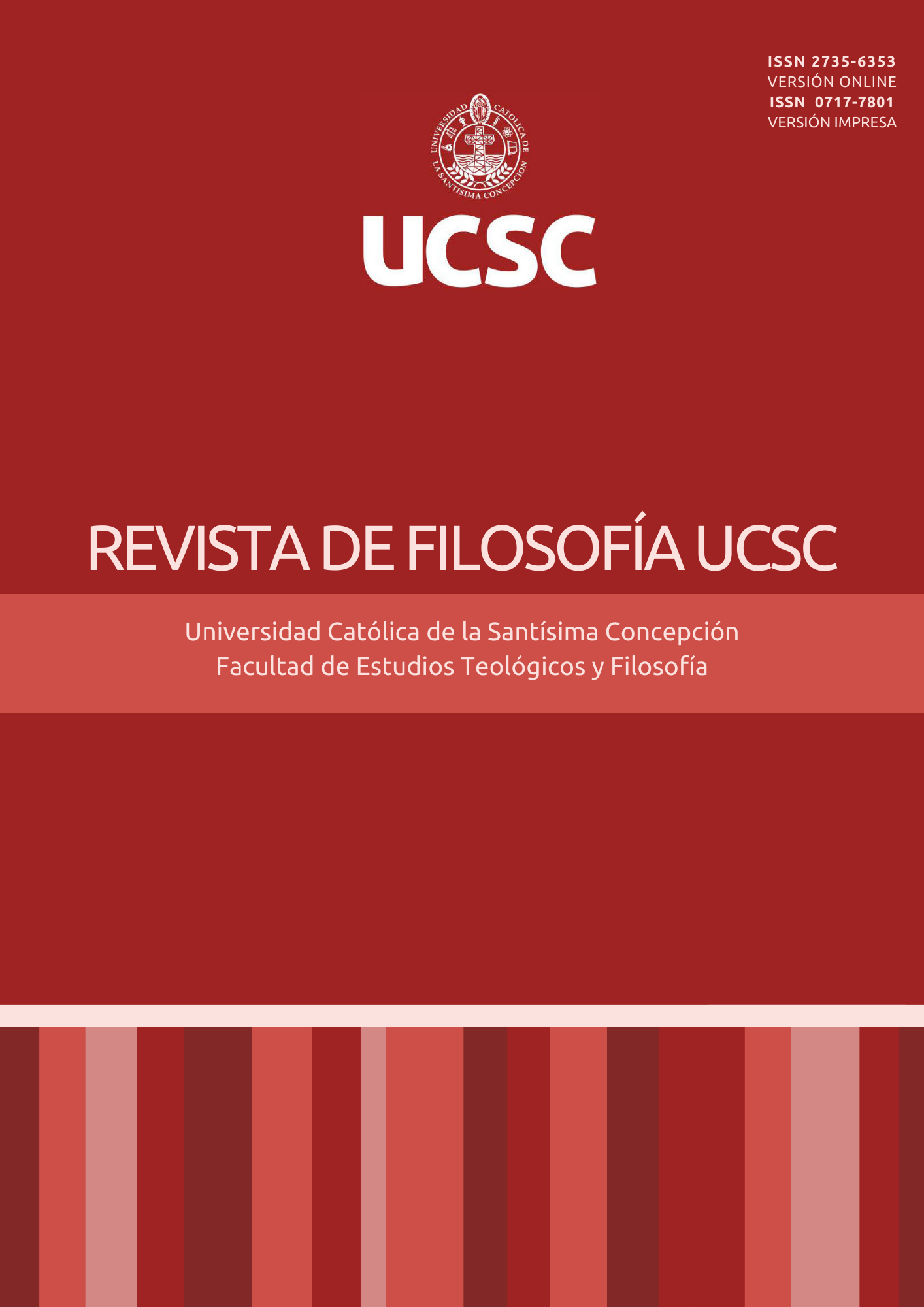Philosophy, mysticism and democracy: The overcomings of the human condition in Henri Bergson
Main Article Content
Abstract
The bergsonian philosophy implies, for some, an attempt to overcome the human condition. In what follows, we will raise a series of questions regarding the various scenes of overcoming this condition that we can find in some of Bergson's texts. The improvement would not be one, but would operate at various levels. These various levels will be linked to the notions of corpus, sympathy, mysticism and fraternity. Firstly, we will review the question of the constitution of the Bergson corpus as an overcoming of the writing of the supposed author. Secondly, philosophy as overcoming the human condition through intuition and sympathy. Thirdly, philosophy can be considered as overcoming the human condition through mysticism or the figure of the mystic. Finally, in fourth place, Bergson states that fraternity is the emotion that drives the surpassing of the natural guidelines of life in society.
Article Details
Section

This work is licensed under a Creative Commons Attribution-NonCommercial 4.0 International License.
The Revista de Filosofía UCSC is an open access journal and does not charge for publication. In addition, it regulates its Copyright and access policy according to the Creative Commons Attribution-NonCommercial 4.0 International Public License (CC BY-NC 4.0), therefore sharing (reproducing and distributing the material in any medium or format) and adaptation (modifying, transforming, and creating from the material) is allowed as long as proper credit is given and the citation is included with the corresponding data. Moreover, it is not allowed to use the material for commercial purposes.
How to Cite
References
Ansell-Pearson, K. (2018). Bergson. Thinking Beyond the Human Condition, Bloomsbury.
Bergson. H. (1972). Mélanges. Presses Universitaires de France.
Bergson, H. (1991). Œuvres. Presses Universitaires de France.
Bergson, H. (1991b). Las dos fuentes de la moral y de la religión. Sudamericana.
Canguilhem, G. (2009). Estudios de historia y de filosofía de las ciencias. Amorrortu.
Cattaui, G. (1943). Témoignage. En Bergson, H. Essais et témoignages. Éditions de la Baconnière.
Derrida, J. (1967). De la grammatologie. Minuit.
Derrida, J. (1981). Espolones. Pre-textos.
Derrida, J. (1998). Políticas de la amistad. Trotta.
Furet, F. y Mona O. (1989). Diccionario de la Revolución francesa, Alianza.
Gillouin, R. (1921). Une nouvelle Philosophie de l'Histoire. Grasset.
Gouhier, H. (1961). Bergson et le Christ des évangiles. Arthème Fayard.
Gouhier, H. (1972). Avant-propos. En Bergson, H. Mélanges. Presses Universitaires de France.
Hyppolite, J. (1971). Figures de la pensée philosophique, I. Presses Universitaires de France.
Michelet, J. (1974). Le peuple. Flammarion.
Nietzsche, F. (1973). Werke. Walter de Gruyter.
Seillière, E. (1917). L’Avenir de la philosophie bergsonienne. Felix Alcan.
Vieillard-Baron, J.-L. (2001). Bergson et la religion. Revue philosophique, 4, 505-516. https://doi.org/10.3917/rphi.014.0505




